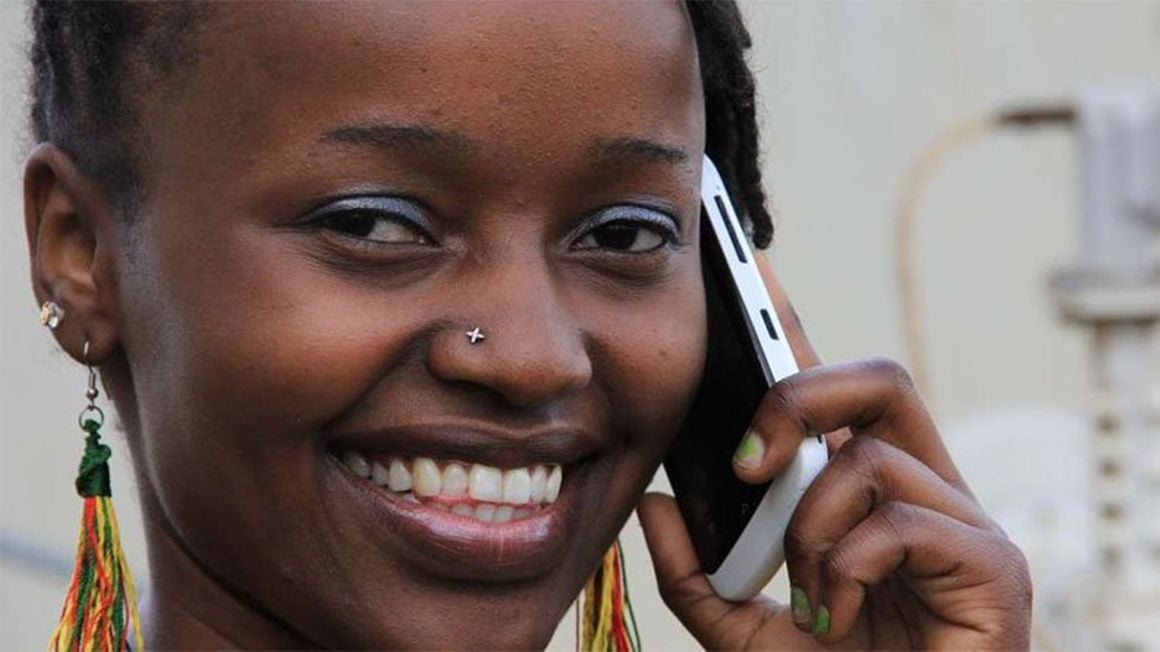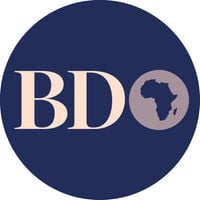
A lady talking on phone. FILE PHOTO | NMG
Summary
- The increase in consumer goods prices comes after Parliament voted to end tax cuts put in place in April to cushion the economy from the impact of the Covid-19 pandemic from January 1.
- Top companies like Safaricom, Kenya Power and Multi-Choice Wednesday will adjust their product prices in line with the VAT increase.
- Among the goods that will attract the higher VAT are newspapers, books, phones, electronics, computer hardware and software.
The cost of basic goods and services such as electricity, airtime, cooking oil, detergents and pay TV subscriptions will from tomorrow increase marginally with the restoration of Value Added Tax (VAT) to 16 per cent from 14.
The increase in consumer goods prices comes after Parliament voted to end tax cuts put in place in April to cushion the economy from the impact of the Covid-19 pandemic from January 1, a move aimed at plugging revenue shortfalls but investors said it would hamper a recovery.
Top companies like Safaricom, Kenya Power and Multi-Choice Wednesday will adjust their product prices in line with the VAT increase.
Among the goods that will attract the higher VAT are newspapers, books, phones, electronics, computer hardware and software.
The price adjustment comes at a time when workers will get a cut on their net earnings from tomorrow with the withdrawal of income tax reliefs imposed in April.
The vote in favour of halting the tax cuts means a reduction of five percentage points to the income tax rate for top individual earners and corporations will be reversed to 30 percent, translating to a pay cut for workers earning more than Sh50,000.
However, Parliament voted to keep one of the relief measures. Kenyans earning less than Sh24,000 will still be granted 100 percent tax relief, to ease the pain from the impact of the coronavirus economic fallout.
The tax reliefs were geared at lowering the cost of basic goods while providing workers with additional income for spending to boost consumption, which was expected to boost sales for retailers, traders and other players in the supply chain.
Lawmakers who opposed the tax cut reversal said the pandemic had not subsided and Kenyans still needed help.
Kenya’s economic output declined in the second quarter for the first time since the 2008 global financial crisis. The tourism and agriculture exports, the main hard currency earners, have taken big hits.
The Treasury says the tax reliefs were no longer sustainable, citing persistent revenue collection shortfalls which have slowed implementation of government programmes.
Treasury Cabinet Secretary Ukur Yatani estimated on December 4 the exchequer will have foregone about Sh65 billion between April and December as a result of reduction of maximum income tax to 25 from 30 percent and a cut on VAT to 14 from 16 percent.
Price adjustment
Companies have adjusted prices of their products effective tomorrow, putting pressure on inflation which has remained within the upper limit of 7.5 percent set by the Central Bank of Kenya (CBK).
The cost of electricity will rise after the two percentage increment in VAT kicks in, hitting families and businesses recovering from depressed earnings as a result of the pandemic blows.
Homes which, on average, consume power worth Sh1,000 monthly, will pay nearly Sh20 more from January 1.
Safaricom subscribers are, on the other hand, set to lose additional credit and Internet bundles they have enjoyed since April.
For example, customers buying Sh100 airtime will no longer get additional Sh2 of talk time when the telco adjusts its prices in line with the rise in VAT, while those buying data bundles worth Sh2,900 for home use will lose Sh58 additional Internet.
MultiChoice, the South Africa-owned pay television firm, has already informed clients the cost of watching its channels will rise by up to Sh100 on reinstatement of the general VAT levy to 16 percent, months after increasing prices by more than five percent from August, citing rising operation costs.


No comments:
Post a Comment